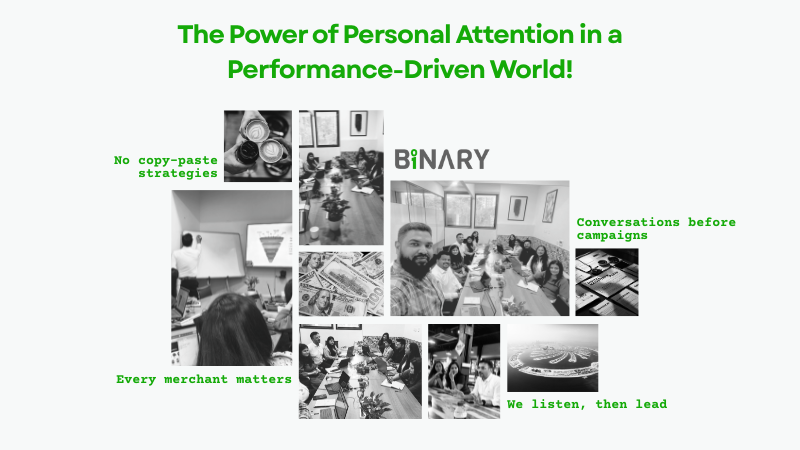Building a strong brand identity is crucial for success in the competitive landscape of B2B ecommerce. A consistent brand presence not only fosters trust and loyalty but also sets businesses apart from competitors. In this blog, we’ll explore effective strategies to strengthen your B2B brand identity and drive success in ecommerce operations.
- Unified Brand Experience:
For businesses already selling direct-to-consumer (DTC) online, it’s essential to ensure that their B2B ecommerce storefront seamlessly aligns with their existing brand identity. Rather than creating separate identities, businesses should strive for a unified brand experience across all channels. Consistent branding builds brand awareness, fosters customer loyalty, and reinforces trust among B2B buyers. - Integration of DTC and B2B Offerings:
Attempting to segregate DTC and B2B offerings can be a costly mistake. Instead, businesses should focus on integrating both types of offerings to provide a seamless experience for customers. This integration not only streamlines operations but also enhances the overall customer experience. By maintaining the same brand, website, quality, and service across both channels, businesses can maximize their long-term success. - Customer-Centric Approach:
A customer-centric approach is paramount in building brand consistency. Understanding the needs and preferences of B2B customers allows businesses to tailor their offerings and messaging accordingly. By prioritizing customer satisfaction and delivering value at every touchpoint, businesses can strengthen their brand identity and cultivate lasting relationships with buyers. - Quality and Consistency:
Brand loyalty is built on the pillars of quality and consistency. B2B customers expect a similar experience with a brand across all marketing platforms and channels. Therefore, businesses must maintain high standards of quality and consistency in their products, services, and communications. Consistency reinforces trust and reliability, ultimately contributing to brand loyalty and long-term success. - Brand Awareness and Differentiation:
Effective brand identity strategies also focus on building brand awareness and differentiation. Businesses should strive to create unique value propositions and communicate them effectively to their target audience. By highlighting their brand’s distinct attributes and benefits, businesses can stand out in the crowded B2B marketplace and attract the attention of potential buyers.In the dynamic landscape of B2B ecommerce, building a strong brand identity is essential for success. By prioritizing a unified brand experience, integrating DTC and B2B offerings, adopting a customer-centric approach, maintaining quality and consistency, and focusing on brand awareness and differentiation, businesses can enhance their brand identity and drive success in ecommerce operations.
Read Next: Profitability in B2B Ecommerce: Pricing Strategies for Success


















